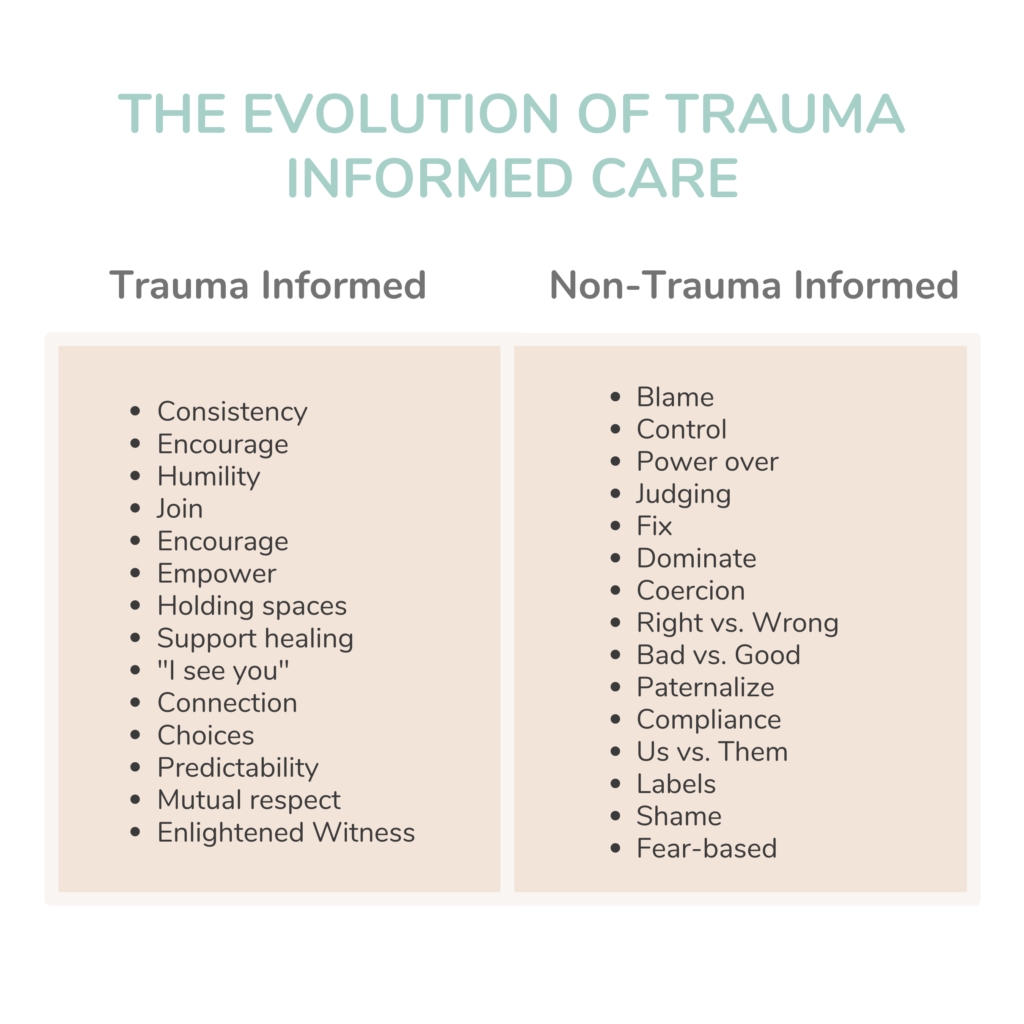Through Healing Individuals, Communities will heal
Our commitment to trauma-informed care is what sets our program apart from the rest. While you may be coming to us for treatment related to substance abuse or dependence or symptoms related to a mental health condition, our treatment will focus on what’s going on with you on a deeper level. Shifting into this perspective allows us to ask the questions that matter most: Not “what’s wrong with you?“ but “what happened to you?”
At Promises Five Palms, we understand that substance abuse is typically a secondary problem, and a symptom of survival related to the traumatic experiences you have endured. Although “trauma” can be a difficult word to stomach and even more so to apply to your experience, there is power in being able to understand and interpret the ways of coping you developed through this lens.
Our approach that pairs evidenced-based treatments and this foundation of empathic understanding will melt away the objections and overcome the barriers that stand in the way of the healing process. Compassion from our caring team will empower you to see your challenges in a new way as well.
Our approach recognizes that not only does effective treatment need to address physical, emotional and spiritual needs but that the challenges extend beyond the person in treatment to the families and communities to which they belong.
What Is Trauma-Informed Care?
The power in a trauma-informed approach to treatment begins from the way that we conceptualize the challenges our clients are facing, to how we educate them to see themselves differently and empower them to do something about it.

The Historical Stigma with Trauma
It is only a more recent development in the mental health and addiction treatment world for trauma to be a regular topic of consideration in how we think about clients and structure our programs. We once reserved the term for military men suffering from “shell shock,” and truly did not have any idea of the long-lasting psychological effects of these wartime experiences. Linking trauma and addiction was an equally unfamiliar concept, and while we may have moved past the ideas of addiction being a ‘character defect,’ we still had a long way to go.
As we learned more about trauma, the formal diagnosis of Post Traumatic Stress Disorder was added to the DSM. Symptoms were classified into three main categories: Re-experiencing the traumatic event, avoiding reminders of the trauma and increased anxiety and emotional arousal. Instances of sexual assault, serious injury and the threat of death were also added as common precursors to trauma. Still, our treatment approaches lacked originality, and we approached the diagnosis much as we would any other: we talked about it.
Now, not only do we understand the impact of historical trauma and the cultural sensitivities required to offer effective treatment for all, we have adapted our treatment programs for today’s modern world as well. Drawing from the science of neurobiology, we have developed treatment approaches that target each of the places where memories of trauma are stored, in our bodies, minds and souls.
“Trauma affects the entire human organism—body, mind, and brain. In PTSD the body continues to defend against a threat that belongs to the past.”
The Why: How Trauma Affects the Body
This idea of trauma living in our bodies has become recently popularized in the work of Bessel van der Kolk, specifically in the book, “The Body Keeps The Score.” This work helps us understand that while our bodies have a natural ability to recover from stress, repeated or ongoing exposure to elevated levels of stress has significant impacts on our body and brain.
Continuous or long-term activation of the sympathetic nervous system has many negative physical effects, much like a motor that is idling on high for too long. Imbalance in the nervous system can cause adrenal fatigue, stimulant dependence, muscle weakness, digestive issues, headaches, high blood sugar, high blood pressure, easy bruising, mood swings, sudden energy drops, weight gain, acne, cardiovascular disease, and slowed healing.
At Promises Five Palms, our staff is here to give you the help you need. Whether you need help with mental health or substance abuse, we’ve got you covered. Contact Promises Five Palms at 1.844.675.1022 to talk with one of our admissions counselors.
